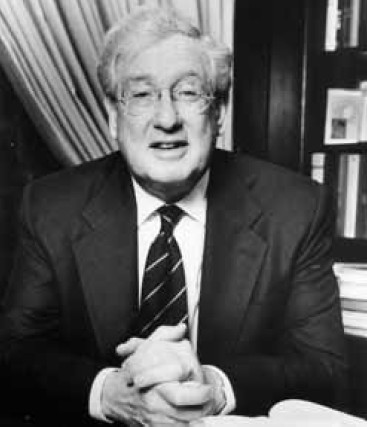Center for Jewish History Completes $2.5 Endowment Matching Challenge Grant from Arcadia Fund
New York, NY (April 28, 2022)
The Center for Jewish History (the Center) has successfully completed a three-year $2.5 million endowment matching challenge awarded by Arcadia (www.arcadiafund.org.uk), a charitable fund of Lisbet Rausing and Peter Baldwin. This endowment will help sustain preservation efforts across the Center’s network of laboratories for archival processing, digitization, preservation, and metadata and discovery.
Archives must be preserved, arranged, described, and made accessible so that future generations can learn about history. To carry out this critical work, the Center runs a network of laboratories: the Shelby White and Leon Levy Archival Processing Laboratory, Gruss Lipper Digital Laboratory, Werner J. and Gisella Levi Cahnman Preservation Laboratory, and Metadata and Discovery Services department. Together, the labs help to open access to the vast archive, library, and museum holdings housed at the Center, which make up the world’s largest and most comprehensive collection on Jewish history held outside Israel.
Lisbet Rausing and Peter Baldwin, Arcadia co-founders, said: “Preserving heritage and opening access to it is the core mission of the Center for Jewish History and Arcadia alike. It is a great pleasure to establish this endowment and to reflect on the important work of preserving history that it will help sustain.”
“Our labs ensure that Jewish history and material culture from centuries past will hold up for centuries into the future,” the Center’s Chief of Archive and Library Services Rachel Miller noted. “By supporting this work, this transformative endowment helps make sure that the voices and stories in the archives – be they on parchment, cassette tape, or floppy disk – will be read and heard by future eyes and ears. We are deeply grateful to Arcadia and the magnificent leadership of Peter Baldwin.”
Among the latest achievements of the Center’s labs are opening the papers of pioneering physicist Gertrude S. Goldhaber Collection for research (held by the Leo Baeck Institute), piloting archival-caliber motion picture digitization, digitizing records on major immigration and refugee efforts, offering digitization-on-demand for researchers, treating invaluable collection items like century-old correspondence that had been bound with nails, and running technical systems for a vast catalog and quickly expanding digital collections (over 7.8 million files). The new endowment will sustain this invaluable work so that the collections may inform, illuminate, and inspire those who encounter them now and for generations to come.




